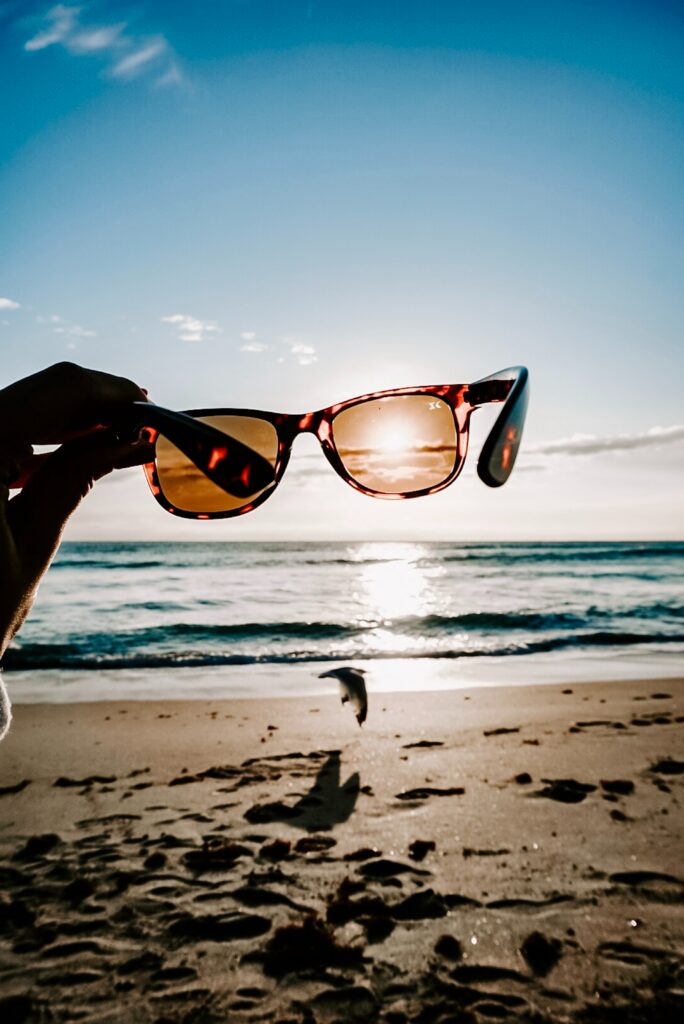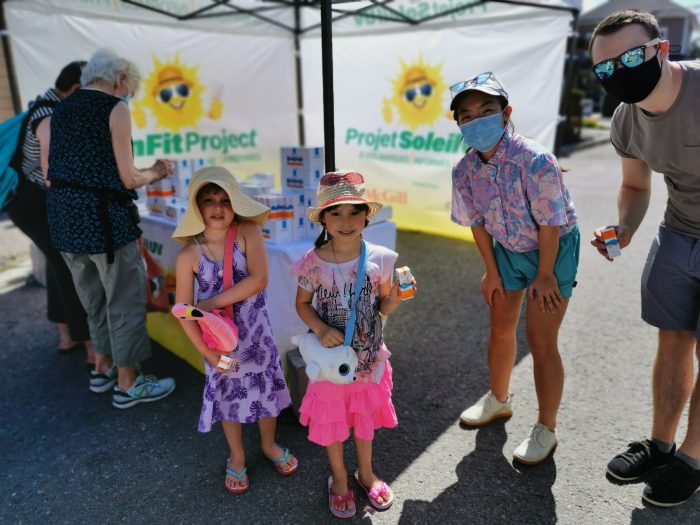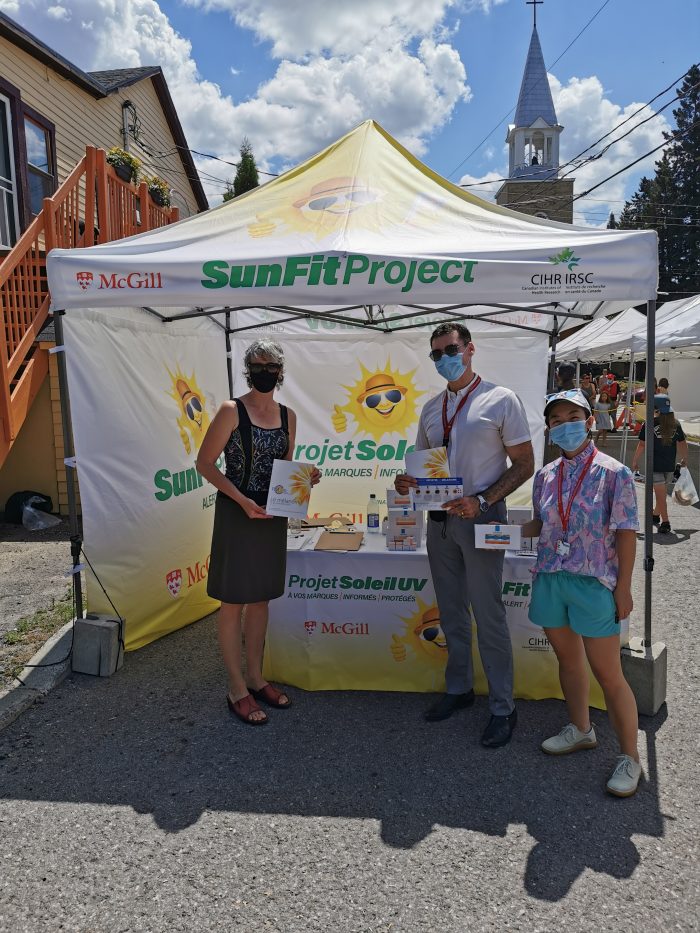 By Stephanie Ghazal, B.Sc.
By Stephanie Ghazal, B.Sc.
M.D.,C.M. Candidate, Class of 2021
McGill University
With soaring temperatures and clear skies, many Canadians are taking the opportunity to get their tan on. But a group of young researchers, including McGill University medical students Daniel Sikorski and Sarah Zhou, are doing the exact opposite. The two are part of a team spending their summer encouraging Canadians to use sunscreen, wear a wide-brimmed hat and seek shade when possible. “The key message is to engage Canadians and convince them to enjoy summer without getting a tan,” says Dr. Ivan Litvinov, Principal Investigator on the SunFit study (www.SunFit.ca) and the Director of Dermatology Research at McGill University.
The medical students have an important message to spread. Rising rates of skin cancer, and specifically, melanoma, across the country is a matter of growing concern. However, in many cases, melanoma can be easily prevented with proper skin protection and sun safety habits.
Dr. Litvinov, a certified dermatologist at the McGill University Health Centre (MUHC) treats many patients suffering from melanoma and is motivated to take action on a national level. “With better education, rates of melanoma can be significantly decreased, as was done in Australia,” he notes. “Canada falls short when it comes to public health awareness campaigns. We lack the ‘community of concern’ for melanoma that is seen in other countries such as Australia or New Zealand. In fact, recent studies show that only 45% of Albertans know that there is a link between sun exposure and skin cancer. In Australia, almost 90% of the population is aware that melanoma is a serious disease.” Notably, Australia is home to successful skin cancer prevention efforts such as the Slip! Slop! Slap! Campaign and the SunSmart Initiative (https://www.sunsmart.com.au/). Dr. Litvinov and his team are looking to raise awareness among Canadians though the recently launched SunFit Project/Projet SoleilUV, supported by the Canadian Institutes of Health Research (CIHR) and MUHC Foundation and are hoping to achieve similar results as our oceanic friends in the years to come.
Sarah, who is completing her final year of medical school, says that she is taking sun protection much more seriously since she learned about the dangers of melanoma and accelerated skin photoaging. “Young Canadians intentionally expose themselves to the sun because they want to look tanned and may not experience harmful effects such as melanoma or advanced skin aging for many years.,” she explains. “We have seen how big of a difference education can make. For example, 50 years ago, smoking used to be cool. National-scale public health campaigns and education have led to diminished rates of smoking – and as a result, lung cancer. We hope to have the same effect on sun exposure and skin cancer.”
In order to develop an effective national strategy to prevent skin cancer, the team needs to identify exactly where the gaps in knowledge are. Thanks to the CIHR funding, the SunFit researchers are currently collecting data online and from outdoor farmers’ markets in the Laurentians and Montérégie regions of Quebec. Every participant is given sunscreen samples and information on melanoma and risk of sun exposure from the Melanoma Network of Canada. The surveys are providing valuable information to study what Canadians know about skin cancer and what they usually do to protect themselves. As COVID-19’s grip lessens in Canada, the project hopes to expand to other provinces and territories.
Dr. François Lagacé, a dermatology resident at McGill, developed the validated survey that the team is using. “Our survey is designed to better understand which risk factors for developing skin cancer are specific to different regions in the Canadian population,” he says. “We also want to know how, and if, Canadians are protecting themselves from the sun in different communities. Very few research projects have studied this in Canada on a regional level, and we hope that our results will lead to new public health initiatives that are specifically tailored to different communities at risk in Canada.”
“Even just completing the survey has allowed many participants to reflect upon their own behaviours and habits,” adds Daniel, who is starting his second year of medical school. “We were greeted in the community markets very positively and enthusiastically – even amongst the COVID-19 pandemic. People want to learn more about sunscreens and sun avoidance and try sunscreen samples.”
The mayor of Val-David, a picturesque town in the Laurentians, the Honourable Mrs. Kathy Poulin, stopped by with encouraging words for the team. She agrees that it is essential to make citizens aware of melanoma and share the importance of prevention and decreasing sun exposure.
For more information and to participate in the survey for a chance to win a prize, please visit: www.SunFit.ca
September 9 2020


